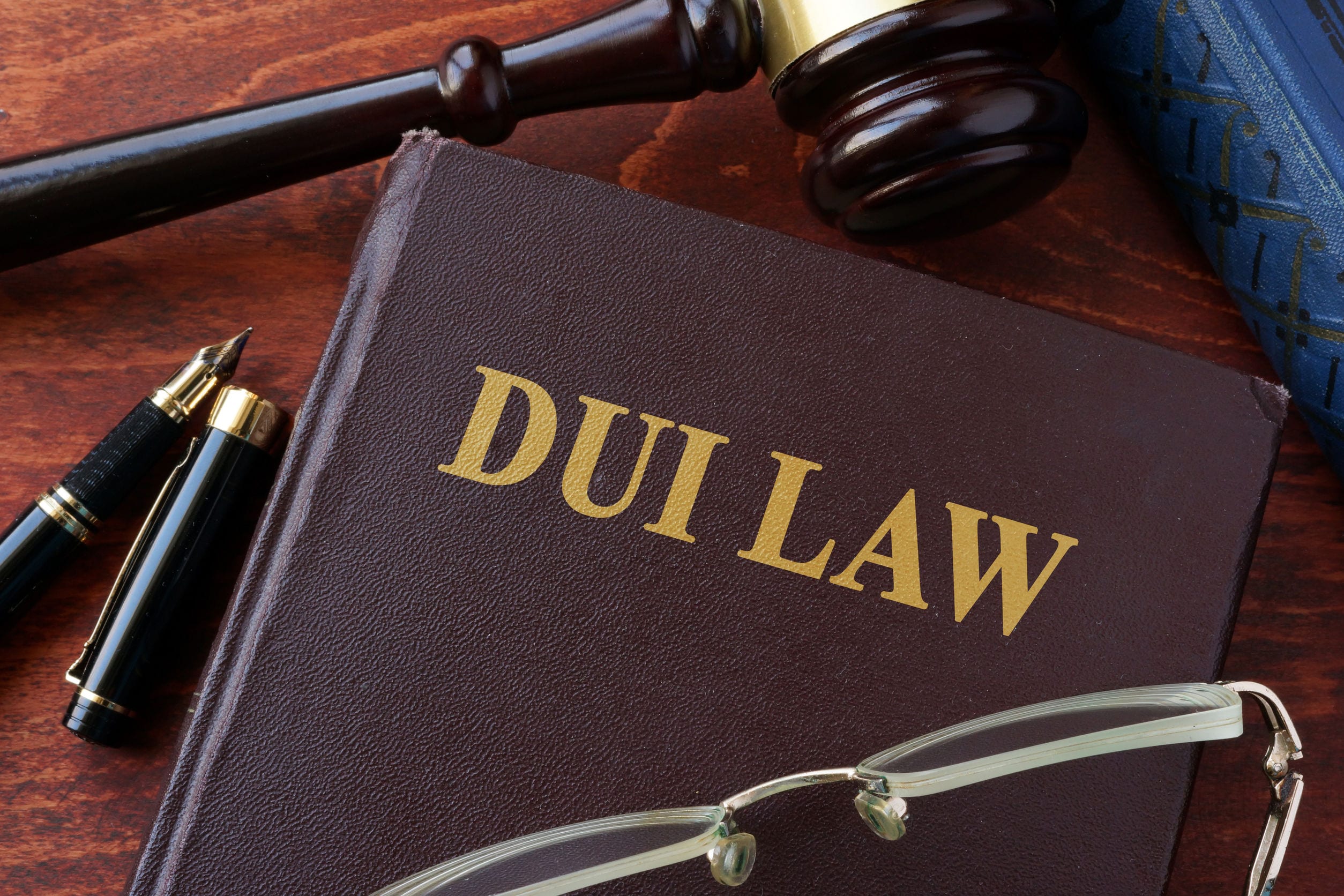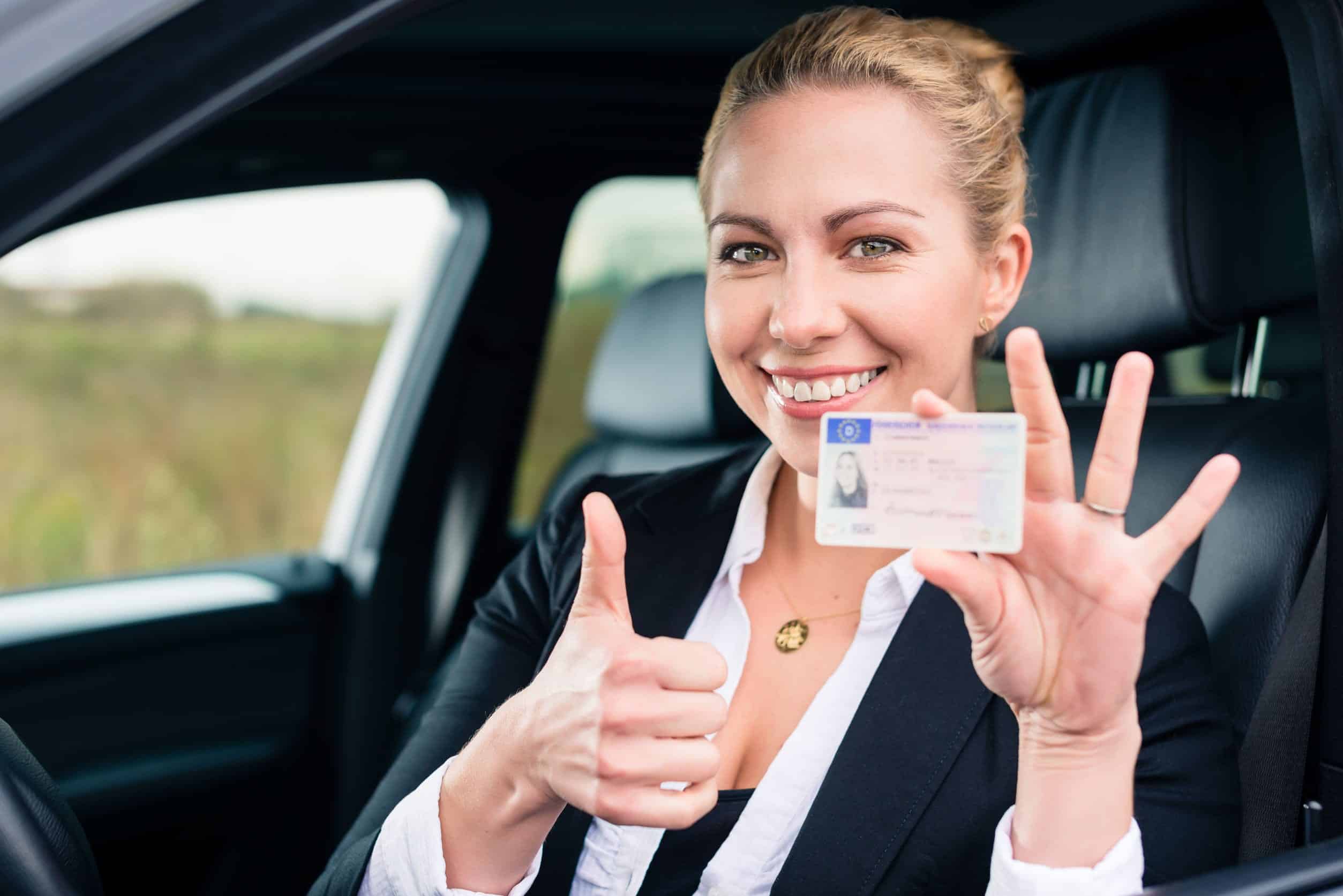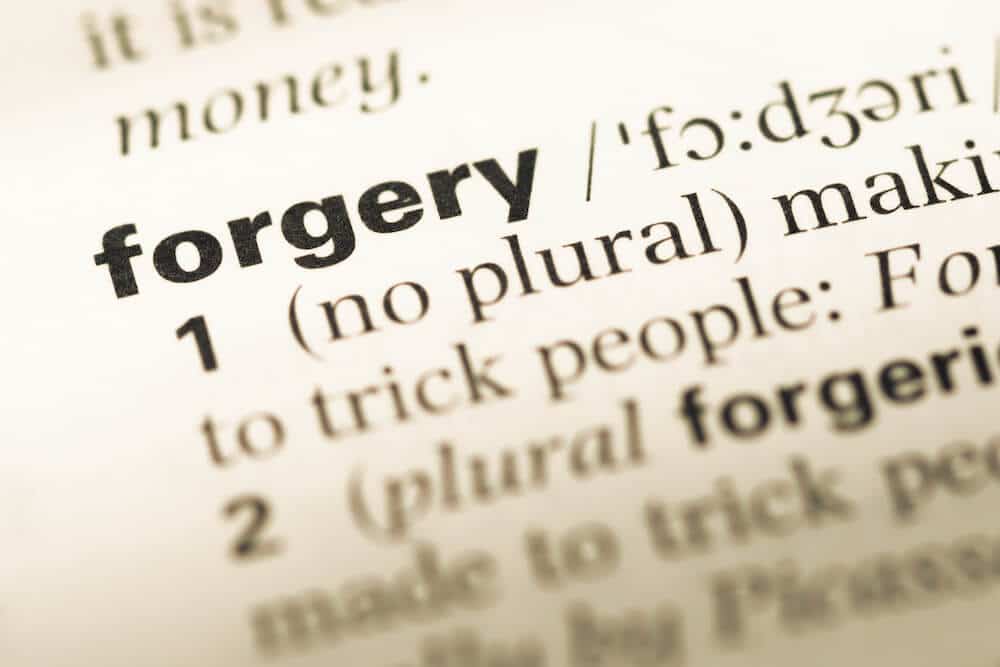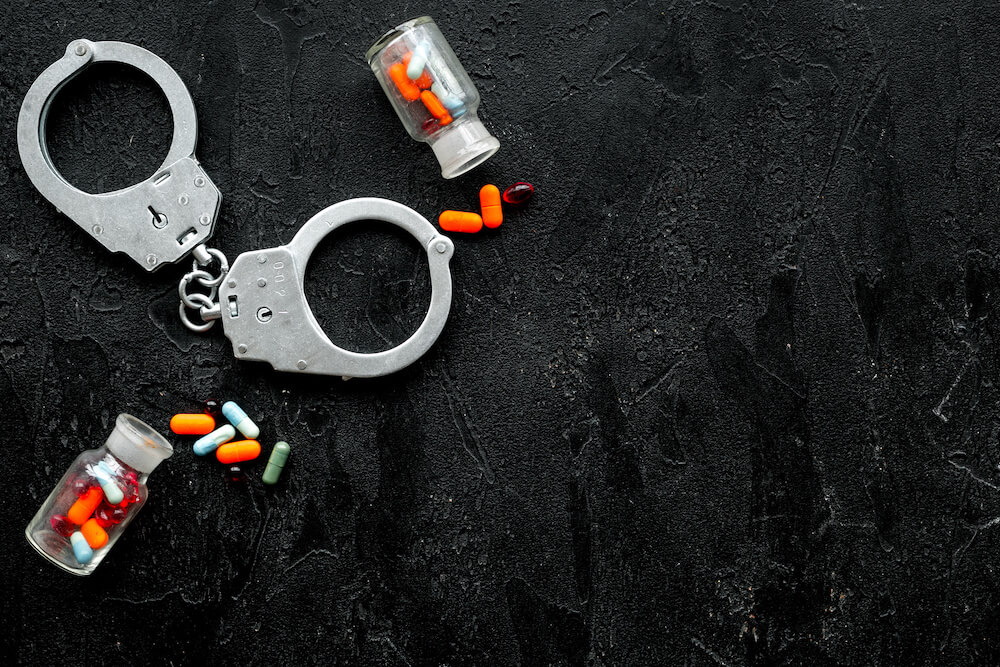- Home
- THE FIRM+
- Criminal Defense+
- CASE RESULTS
- AREAS WE SERVE+
- FAQ’s
- Blog
- Contact
AZHARI LLC BLOG

Posted By: Sami Azhari
Category:
Getting a DUI can feel like it’s the end of your driving career. Losing your license after a DUI conviction is certainly a setback, but it’s not permanent. In fact, in Illinois, there’s a specific way to get back on the road: getting your Restricted Driving Permit.
A restricted driving permit is just what it sounds like. It’s a license that gives you the right to drive but only in certain circumstances. Not everyone is eligible for a restricted driving permit, but in the right circumstances, it can help you turn your life around.
When DUIs Cost You Your License
The state of Illinois takes DUIs seriously. As a result, it’s possible to lose your license to a DUI charge in a number of ways. A conviction for a DUI includes a mandatory license suspension of at least a year for a first offense, with the length of the suspension rising to 5 and 10 years for second and third offenses.
However, a license can also be suspended prior to a conviction. In fact, your license can be suspended prior to conviction if you refuse to take a breathalyzer test.
However, just because your license is up in the air doesn’t mean you have no options. If your license has been suspended or revoked, you can apply for your restricted driving permit.
How Restricted Driving Permits Work
A restricted driving permit is designed to help people who might face “undue hardship” because of losing their license.
If having a driver’s license is necessary for someone to go to work, attend school, care for relatives, or attend community service or support groups, then losing their license entirely will cause them problems.
These people can apply for a restricted driving permit so they can still go about their daily lives. This permit allows the holder to drive specifically from their home to:
- Their workplace
- Their own or their children’s school
- Medical services
- Support or rehabilitation groups
- Mandated community service
Someone with a restricted driving permit can also transport people from their household to any of the above places. That said, not everyone is eligible for a restricted driving permit. In order to be eligible, there are multiple steps to complete.
Steps to Securing a Restricted Driving Permit
First, you must show that you are facing an undue hardship without your license. This involves proving that there are no reasonable transportation options that you can use to get to work, school, or any of the above locations. If you live near public transit, for example, you may not be eligible.
Next, you must contact complete an alcohol/drug evaluation by a provider licensed by the Division of Alcohol and Substance Abuse. They will classify you as minimal risk, moderate risk, or high risk of putting others at harm if you return to driving.
Depending on your risk level, you will be required to complete anything from an alcohol remediation class to an in-patient rehabilitation course and three letters of recommendation from independent sources confirming your sober status. If you can meet these requirements, you can schedule a hearing, where you may receive your restricted driving permit.
The process of receiving your restricted driving permit can be complicated and overwhelming. If you are working to receive your permit, reach out to a qualified DUI lawyer today. They can help you understand the process and work to prove your eligibility with less stress and hassle.
About the Author
Sami Azhari has been working as a lawyer since 2007, after receiving his Juris Doctor from the Michigan State University College of Law. He has handled numerous state and federal cases and is known throughout the Chicago and Rolling Meadows area for providing his clients with high-quality, skilled representation. He has been recognized by Avvo (2013 and 2018), SuperLawyers (2015-2020), The National Trial Lawyers, and other notable organizations, and has spoken at a number of legal conferences.


























































